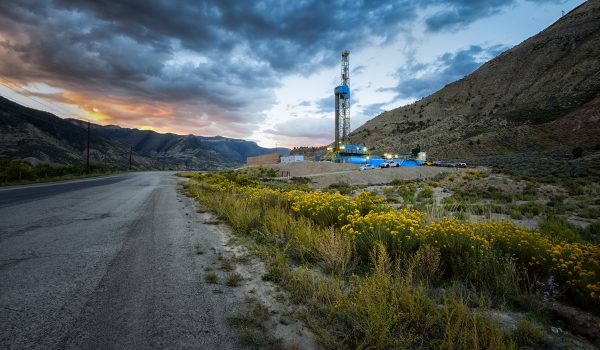On September 12, California’s Senate passed Senate Bill 253, the Climate Corporate Data Accountability Act, and Senate Bill 261, the Climate-Related Financial Risk Act. Governor Gavin Newsom signed these bills into law on October 7. These are first-in-the-nation greenhouse gas (GHG) reporting and climate disclosure bills that merit careful attention by most businesses. Public GHG emission disclosures are part of California’s overall effort to reduce GHG emissions. See, AB 32, Climate Change Scoping Plan.
SB 253 will require U.S. businesses (corporations, limited liability companies, partnerships) with annual revenues over $1 billion that do business in California to report annually on their GHG emissions. SB 253 is expected to directly apply to approximately 5,000 companies doing business in California, and indirectly apply to thousands more.
SB 261 will require U.S. businesses with annual revenues over $500 million that do business in California to publish climate-related financial risks in biennial reports. SB 261 is expected to apply to approximately 10,000 companies. SB 253 will require reporting of Scope 1, 2 and 3 GHG emissions, regardless of the location of the emissions. Many public companies already track and report on GHG emissions, but SB 253 may also affect other companies within the supply chain as they will be asked to help enable their customers to report on more controversial “Scope 3” GHG emissions. Scope 1 emissions are defined as all direct GHG emissions that the entity owns or operates, regardless of location. Scope 2 emissions are defined as all indirect GHG emissions from consumed electricity, steam, heating, or cooling purchased or acquired by the reporting entity, regardless of location. Determining Scope 1 and Scope 2 GHG emissions is fairly straightforward.
The most controversial and difficult GHG emissions to track and report are “Scope 3” emissions, which are defined as all other indirect upstream and downstream GHG emissions, other than Scope 2 emissions, from sources that the reporting entity does not own or directly control. The Scope 3 reporting requirement imposes the obligation to track and report an organization’s climate impact across its entire global and domestic operations, arguably including its entire supply chain. California’s Air Resource Board (CARB) will attempt to verify all submitted data given its expertise in carbon accounting, although there are obvious challenges given the potential extent of Scope 3 emissions. Under SB 253, covered organizations would need to report their 2025 Scope 1 and Scope 2 GHG emissions beginning in 2026 and their 2026 indirect (entire supply chain) Scope 3 emissions in 2027.
SB 261 will require covered entities with annual revenues greater than $500 million doing business in California to submit annual climate-related financial risk reports that disclose their climate effects and mitigation measures. The “Climate-Related Risk Disclosure Advisory Group” will review these reports. This entity possesses the power to reject inadequate reports and to demand further data supporting best practices and recommended mitigation measures, but it does not appear they can dictate that an entity take further mitigation actions. The first report will be due by January 1, 2026.
Action Items
The term “doing business in California” is vague and legally impactful. CARB will be tasked with promulgating implementing regulations, yet the term is not defined in the legislation but rather left to CARB in their development of regulations. However, in other contexts, the term “doing business in California” has been defined broadly by the state. Public and private companies with California operations should consult legal counsel to analyze whether they are subject to SB 253 and/or SB 261 as “doing business” in the state, but also whether, and to what extent, these bills impact their supply chain. Potentially regulated businesses should be assembling a technical and legal team now to determine if they will be subject to these new laws, and be prepared to collect and report on the required data and other information that will meet the statutory requirements and pass California’s CARB scrutiny.
Frost Brown Todd has a deep California-based environmental bench to assist with CARB issues. For more information, please contact the author or any attorney with our Environmental practice.
Essential Environmental Podcast
This podcast demystifies the complicated world of environmental law, helping developers and property owners understand the countless acronyms and agencies they might come across.

